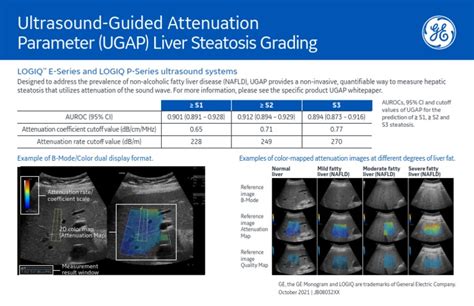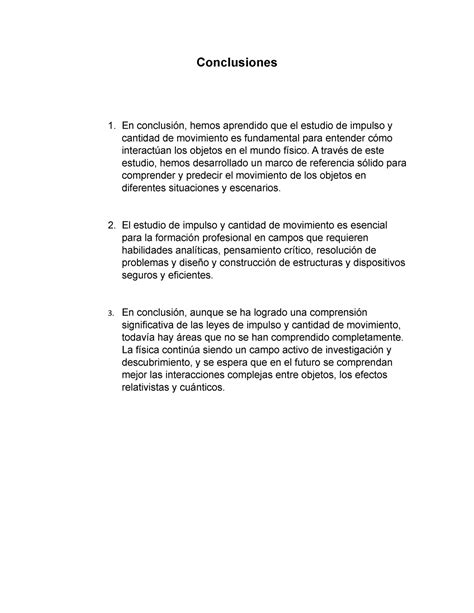Intro
Calculate your maternity due date easily with our guide, using conception date, last period, and ultrasound results to estimate babys arrival, ensuring a healthy pregnancy and prepared parenthood.
Calculating the maternity due date is a crucial aspect of pregnancy, as it helps expectant mothers and healthcare providers prepare for the birth of the baby. The due date, also known as the estimated date of confinement (EDC), is typically calculated based on the first day of the woman's last menstrual period (LMP). In this article, we will delve into the importance of calculating the maternity due date, the various methods used to determine it, and the factors that can affect its accuracy.
The maternity due date is essential for several reasons. Firstly, it allows healthcare providers to monitor the fetus's growth and development, ensuring that any potential complications are identified and addressed promptly. Secondly, it helps expectant mothers prepare for the birth of their baby, both physically and emotionally. Finally, it enables healthcare providers to plan for the necessary medical interventions, such as inducing labor or performing a cesarean section, if required.
To calculate the maternity due date, healthcare providers typically use one of two methods: the LMP method or the ultrasound method. The LMP method involves counting forward 280 days from the first day of the woman's last menstrual period. This method assumes that the woman has a regular 28-day menstrual cycle and that ovulation occurs on day 14. However, this method may not be accurate for women with irregular menstrual cycles or those who are unsure of their LMP.
Understanding the LMP Method

The LMP method is a simple and widely used technique for calculating the maternity due date. However, it has some limitations. For example, it assumes that the woman ovulated on day 14 of her menstrual cycle, which may not always be the case. Additionally, it does not take into account any potential complications that may arise during pregnancy.
Factors Affecting the Accuracy of the LMP Method
Several factors can affect the accuracy of the LMP method, including: * Irregular menstrual cycles * Uncertainty about the LMP * Multiple gestations (twins, triplets, etc.) * Previous pregnancies or miscarriages * Medical conditions, such as polycystic ovary syndrome (PCOS)The Ultrasound Method

The ultrasound method involves using ultrasound technology to measure the size of the fetus and estimate the gestational age. This method is typically used during the first trimester, between 7-12 weeks of pregnancy. The ultrasound method is considered more accurate than the LMP method, as it provides a direct measurement of the fetus's size and development.
Advantages of the Ultrasound Method
The ultrasound method has several advantages over the LMP method, including: * Greater accuracy, especially during the first trimester * Ability to detect potential complications, such as fetal growth restriction * Opportunity to confirm the presence of a multiple gestationOther Methods for Calculating the Maternity Due Date

In addition to the LMP and ultrasound methods, there are other techniques that can be used to calculate the maternity due date. These include:
- The conception method, which involves counting forward 266 days from the date of conception
- The fetal heart rate method, which involves measuring the fetal heart rate and estimating the gestational age
- The fundal height method, which involves measuring the size of the uterus and estimating the gestational age
Limitations of Alternative Methods
While alternative methods can provide an estimate of the maternity due date, they may not be as accurate as the LMP or ultrasound methods. For example: * The conception method requires knowledge of the exact date of conception, which may not always be possible * The fetal heart rate method may not be accurate during the early stages of pregnancy * The fundal height method may not be accurate for women with multiple gestations or those who have had previous uterine surgeryFactors That Can Affect the Maternity Due Date

Several factors can affect the maternity due date, including:
- Medical conditions, such as diabetes or hypertension
- Previous pregnancies or miscarriages
- Multiple gestations (twins, triplets, etc.)
- Fetal growth restriction or other complications
- Inductions or cesarean sections
Managing Expectations and Preparing for the Birth
It is essential for expectant mothers to understand that the maternity due date is only an estimate, and the actual birth may occur earlier or later than expected. To manage expectations and prepare for the birth, women should: * Stay informed about their pregnancy and any potential complications * Attend regular prenatal appointments * Develop a birth plan that takes into account their individual needs and preferences * Prepare for the possibility of an early or late birthConclusion and Final Thoughts

In conclusion, calculating the maternity due date is a crucial aspect of pregnancy, and there are several methods that can be used to determine it. While the LMP and ultrasound methods are the most commonly used techniques, alternative methods can also provide an estimate of the due date. It is essential for expectant mothers to understand the factors that can affect the accuracy of the due date and to prepare for the possibility of an early or late birth.
We invite you to share your thoughts and experiences with calculating the maternity due date. Have you used the LMP or ultrasound method, or have you tried alternative techniques? What were your expectations, and how did you prepare for the birth of your baby? Share your story with us, and let's start a conversation about this important topic.
What is the most accurate method for calculating the maternity due date?
+The ultrasound method is considered the most accurate method for calculating the maternity due date, especially during the first trimester.
Can I calculate my due date using an online calculator?
+Yes, there are many online calculators that can help you estimate your due date based on your LMP or ultrasound measurements. However, it's essential to consult with your healthcare provider to confirm the accuracy of your due date.
What factors can affect the accuracy of my due date?
+Several factors can affect the accuracy of your due date, including medical conditions, previous pregnancies or miscarriages, multiple gestations, and fetal growth restriction. It's essential to discuss any concerns with your healthcare provider.
